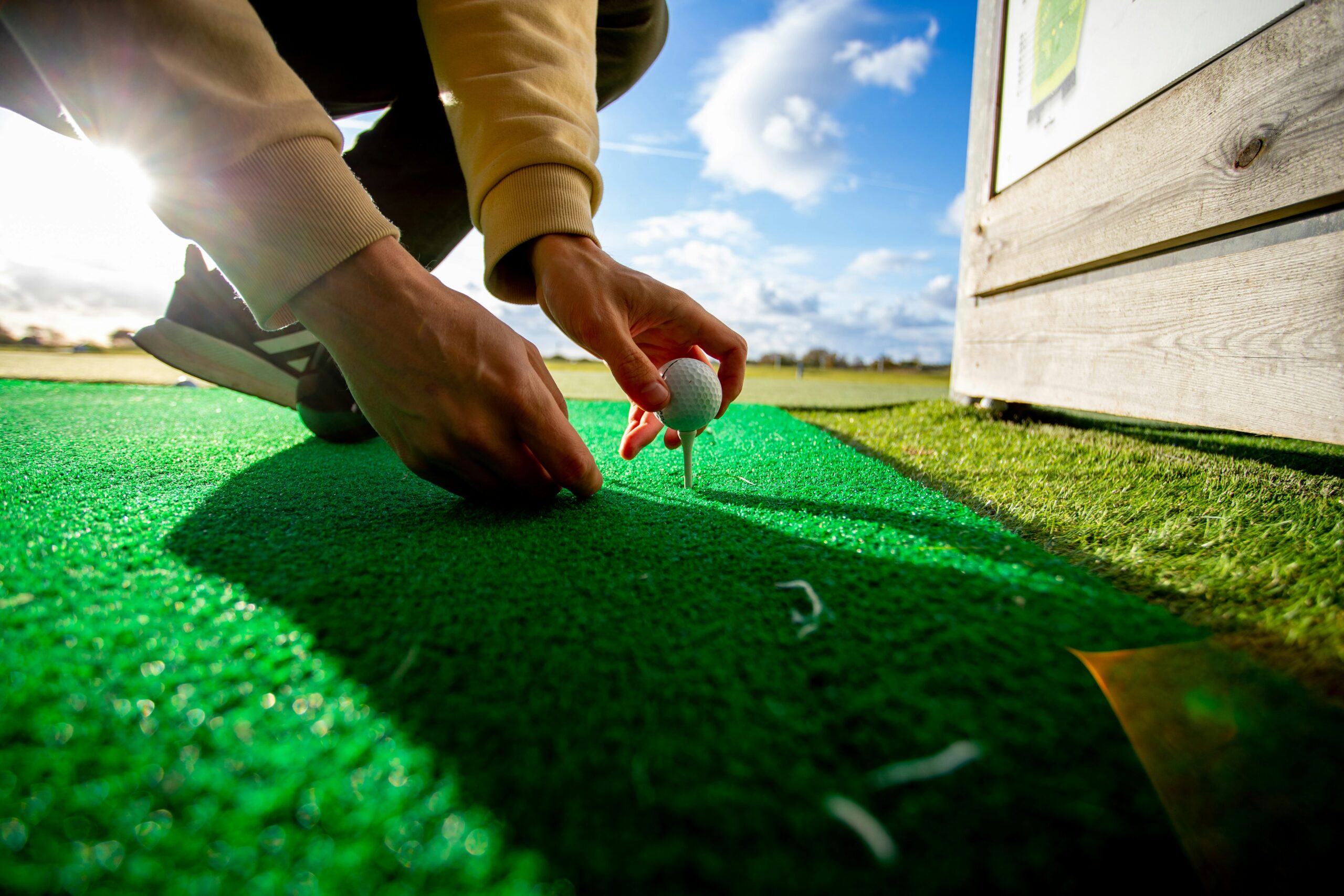
Golf has a reputation for being both simple and complex. You swing a club, hit a ball, and walk after it. Yet, beneath that simplicity lies a game of skill, patience, and rhythm. For beginners, the challenge often feels intimidating. But with the right mindset and a few guiding steps, anyone can find confidence on the course. This article explores how to go from gripping a club for the first time to enjoying your time on the green.
The First Connection with the Club
Every golfer remembers their first grip. Holding the club is more than a technical detail. It is your connection to the ball and the shot you want to make. Keep it relaxed, not tense. A firm hold without stiffness helps the club move naturally.
When you start, resist the urge to copy every professional you see. Their swings are polished after years of practice. Instead, focus on finding comfort with your grip. Feel how the club rests in your hands. Notice how it moves when you practice short swings. This early awareness builds trust in your swing.
Learning to Swing with Balance
Many beginners think power comes from strength alone. In reality, a good swing comes from balance. Imagine your body as a pendulum. Your weight shifts smoothly from one side to the other. The swing becomes a rhythm rather than a forceful action.
Start with slow practice swings. Do not rush. Listen to the sound of the club cutting through the air. Watch how your feet stay steady on the ground. A balanced swing gives you control, and control leads to confidence. As your rhythm improves, power will follow naturally.
Understanding the Course
Golf is not only about hitting the ball. It is also about understanding where you are playing. The course is full of challenges—sand traps, rough grass, and water hazards. Each hole presents a puzzle to solve.
Take time to walk the course before playing. Look at the slopes, the direction of the wind, and the distance to the green. This observation prepares your mind for better decisions. Even if your shots are not perfect, knowing the course helps you stay calm and adapt to the conditions.
Building Consistency
A single good shot feels rewarding, but consistency makes the game enjoyable. Beginners often struggle because their swings change each time. To build consistency, create a simple routine before every shot.
Stand behind the ball, take a breath, and picture where you want it to go. Step up with the same grip and stance each time. This habit trains your body and mind to act in harmony. Small routines form the foundation for steady progress.
The Mental Side of Golf
Mastering golf is as much mental as physical. Beginners sometimes feel frustrated after a poor shot. The ball lands in the rough or stops short of the green, and patience fades.
Remember, even professionals face setbacks. The key is how you respond. Take a breath, reset, and focus on the next swing. Treat each shot as a fresh chance. Over time, this mindset helps keep frustration at bay and makes the game more enjoyable.
Practicing with Purpose
Driving ranges are valuable for practice. But hitting hundreds of balls without focus does little to improve your game. Each swing should have a goal. Choose a target, adjust your stance, and pay attention to the result.
Practicing with purpose means learning from each shot. Did the ball curve? Was your swing too fast? By asking these questions, you turn practice into progress. Quality practice always beats quantity.
Playing with Others
Mastering golf is often enjoyed in groups. Playing with others teaches more than practice alone. You encounter various techniques, strategies, and approaches to address challenges. Observing others helps you adapt and learn.
As a beginner, do not feel shy about your skill level. Most golfers respect effort and patience. Ask questions, share laughs, and enjoy the social side of the game. The friendships you build on the course often become as valuable as the game itself.
Finding Joy in the Game
At its heart, golf should be fun. The fresh air, the walk across green fields, and the satisfaction of improvement bring joy to the game. Beginners sometimes focus too much on results. They measure success only by score.
Shift your focus to the experience. Celebrate small wins—a clean swing, a putt that rolls straight, or simply finishing a round. When you enjoy the journey, improvement becomes a natural part of the process.
Growing Step by Step
Progress in golf does not happen overnight. It comes in steps. First, you learn the grip. Then, you find balance in your swing. Later, you understand the course and sharpen your mental game. Each step builds on the last.
Do not rush. Allow yourself to grow at your own pace. Celebrate progress, however small. A beginner today can become a confident golfer tomorrow with steady effort and patience.